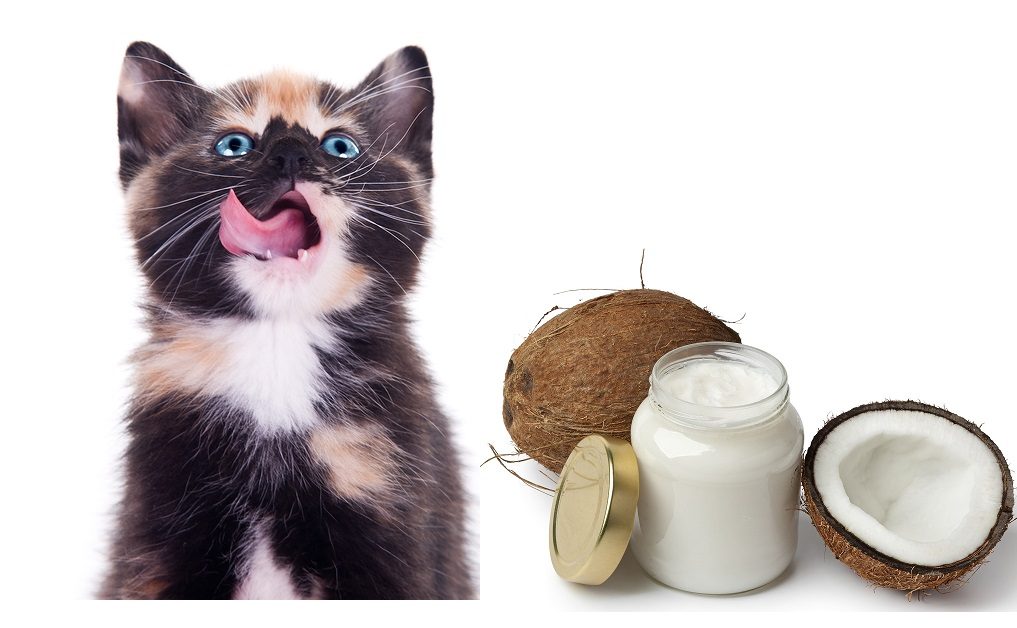
by Brian Shilhavy
Health Impact News
Veterinarians and researchers at the Pet Nutrition Center in Topeka, Kansas recently conducted a study “to determine the effect of feeding a food with coconut oil and supplemental l-carnitine, lysine, leucine, and fiber on weight loss and maintenance in cats.”
The results of their study were published in the Journal of the American Veterinary Medical Association, August 15, 2015, Vol. 247, No. 4, Pages 365-374.
The study consisted of 2 trials:
During trial 1, 30 cats were allocated to 3 groups (10 cats/group) to be fed a dry maintenance cat food to maintain body weight (group 1) or a dry test food at the same amount on a mass (group 2) or energy (group 3) basis as group 1. During trial 2, each of 20 cats was fed the test food and caloric intake was adjusted to maintain a weight loss rate of 1%/wk (weight loss phase). Next, each cat was fed the test food in an amount calculated to maintain the body weight achieved at the end of the weight loss phase (weight maintenance phase). Cats were weighed and underwent dual-energy x-ray absorptiometry monthly. Metabolomic data were determined before (baseline) and after each phase.
Their results found that feeding coconut oil and the other supplements to the cats resulted in a loss of a significant amount of body weight and fat mass, but retained lean body mass.
The researchers theorized that the high coconut oil diet had a positive effect on energy metabolism.
The test food used in the present study was formulated to have a positive effect on energy metabolism. Further research is necessary to investigate whether the effects of the test food on the energy metabolism of overweight cats can be titrated on the basis of varying the balance between the contents of fat and other nutrients, and determine whether the results of the present study can be replicated.
They also noted the positive effects of the medium chain fatty acids (MCFA) found in coconut oil, as opposed to the longer chain fatty acids (LCFA) found in most other dietary oils.
Coconut oil contains a large amount of MCFA-containing triglycerides and glyceroesters with saturated 8- to 12-carbon fatty acids (eg, lauric acid).13 Unlike LCFAs, MCFAs are directly transported from the intestine to the liver without entering the systemic circulation, thereby decreasing their uptake by adipose tissue. Additionally, MCFAs are able to pass from the cytosol through mitochondrial membranes without conjugation with carnitine, which increases their use in -oxidation. Compared with LCFAs, the MCFA lauric acid is a preferred substrate for peroxisomal -oxidation, and it uncouples ATP production from mitochondrial oxidation and promotes thermogenesis. Carbohydrate metabolism can be stimulated by MCFAs, which increases glucose utilization.
Reference
Effect of feeding a weight loss food beyond a caloric restriction period on body composition and resistance to weight gain in cats. – Floerchinger AM, Jackson MI, Jewell DE, MacLeay JM, Hahn KA, Paetau-Robinson I. – J Am Vet Med Assoc. 2015 Aug 15;247(4):365-74.
Virgin Coconut Oil:
How it has changed people’s lives and how it can change yours!
Includes 85 recipes – Free shipping available!



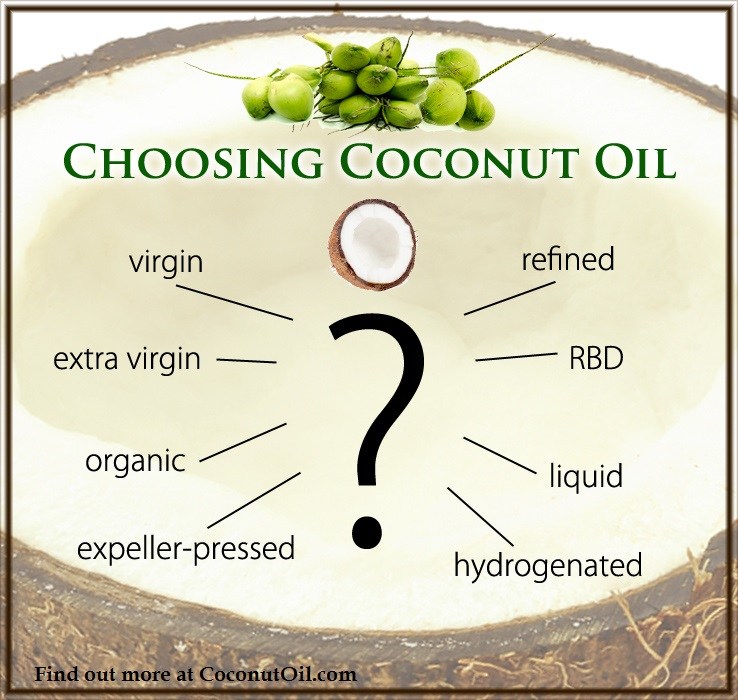


 HHS Secretary Kennedy Breaks His Promise: "War on Saturated Fat" Kept in Tact with New U.S. Dietary Guidelines
HHS Secretary Kennedy Breaks His Promise: "War on Saturated Fat" Kept in Tact with New U.S. Dietary Guidelines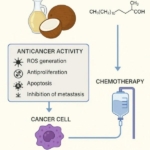 Research Continues to Show Virgin Coconut Oil's Effectiveness in Treating Cancer
Research Continues to Show Virgin Coconut Oil's Effectiveness in Treating Cancer Coconut Oil Continues to Benefit Alzheimer's Patients over Drugs as Studies Continue for Neurological Benefits
Coconut Oil Continues to Benefit Alzheimer's Patients over Drugs as Studies Continue for Neurological Benefits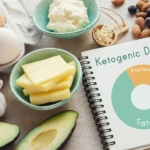 How the Simple High-Fat Low-Carb Ketogenic Diet Continues to Change People's Lives
How the Simple High-Fat Low-Carb Ketogenic Diet Continues to Change People's Lives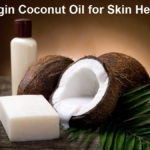 New Studies Continue to Show that Coconut Oil is the Best Oil for Treating Skin Conditions and Maintaining Healthy Skin and Teeth
New Studies Continue to Show that Coconut Oil is the Best Oil for Treating Skin Conditions and Maintaining Healthy Skin and Teeth
One Comment